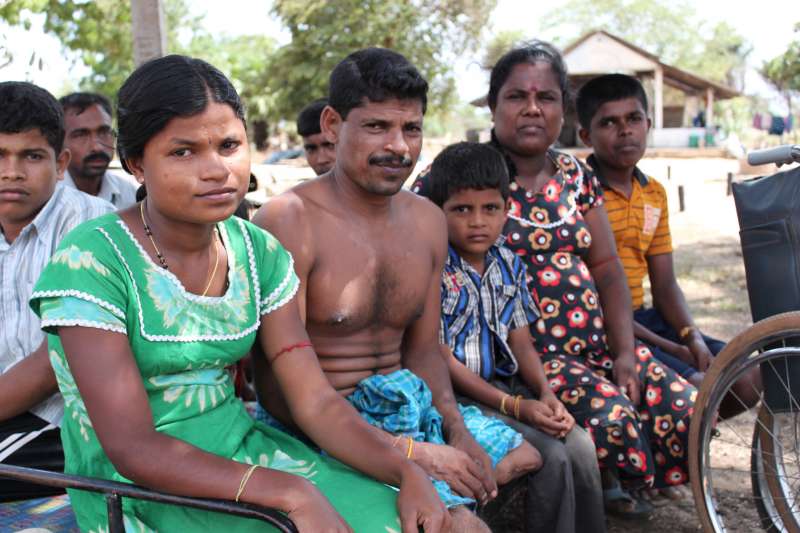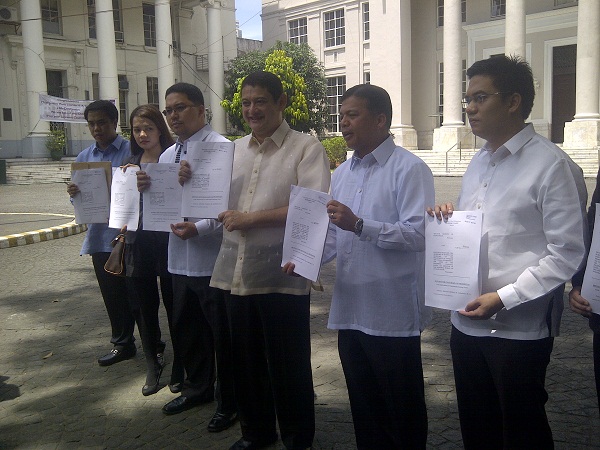By Irving Feng
Impunity Watch Reporter, Asia
BISHKEK, Kyrgyzstan – Protestors clashed with local police forces in Kyrgyzstan’s capital Bishkek over the current prime minister’s failure to place the Kumtor gold mine under state ownership.
The central government headquarters were stormed by protestors on Wednesday, who demanded that the current prime minister, Zhantoro Satybaldiyev, step down from power in favor of new leadership that would do more good for the general public. Kamchibek Tashiyev, leader of the nationalist Ata Zhurt party, led the charge.
Tashiyev and his supporters in the nationalist Ata Zhurt party attempted to pass a law earlier this year to nationalize the Kumtor mine but failed to garner enough support in parliament for the initiative to pass. The current prime minister’s decision to defend foreign interests in the mine fueled the anger of the nationalists who were attempting to place Kyrgyzstan’s economic interest back into Kyrgyz hands.
Police resorted to violence in their response to the uproar with tear gas and stun grenades to disperse the crowd of angry protestors. The Kyrgyz Health Ministry reports that 10 protestors were injured, three of whom are being treated for gunshot wounds. No police were injured during the clash.
The Kumtor mine is perhaps the largest gold mine operated in Central Asia by a foreign interest. The Canadian company, Centerra, operates the mine generating roughly $1.9 billion in profits each year. The current administration’s reluctance to nationalize the gold mine in favor of keeping the operations in foreign hands is alleged to be a sell-off of Kyrgyzstan to foreign interests.
The former Soviet country has been marked by violent protests since its independence in 1991 which led to the disintegration of two presidencies. Both former presidents fled abroad to escape the bloody protests. The most recent upheaval over the Kumtor mine has been the most violent outbreak since the April 2010 revolts which lead to the overthrow of President Kurmanbek Bakiyev.
Attempts have been made in the nation’s brief history to attract foreign investors to the highly impoverished yet resource rich country. Violence from nationalists groups viewing foreign investment as an unwelcomed, however, has perhaps deterred foreign interests from established a strong economic foothold in the nation. Other experts, however, believe that the most recent fit of violence will not scare off potential investors.
Political analysts also believe that Tashiyev and his Ata Zhurt party may be using the conflict over the nationalization of the Kumtor mine as a grab for power. Tashiyev has called for an official overthrow of the current administration but has disappeared after the riots over the mines.
For further information, please see:
Hurriyet Daily News – Rioters attack government buildings in Kyrgyzstan – 3 October 2012
Registan – Tashiev Leads Bishkek Protests – 3 October 2012
Reuters – Kyrgyz police repel protesters seeking ouster of government – 3 October 2012
The Washington Post – Rioters led by nationalist politicians attack government buildings in Kyrgyzstan – 3 October 2012



